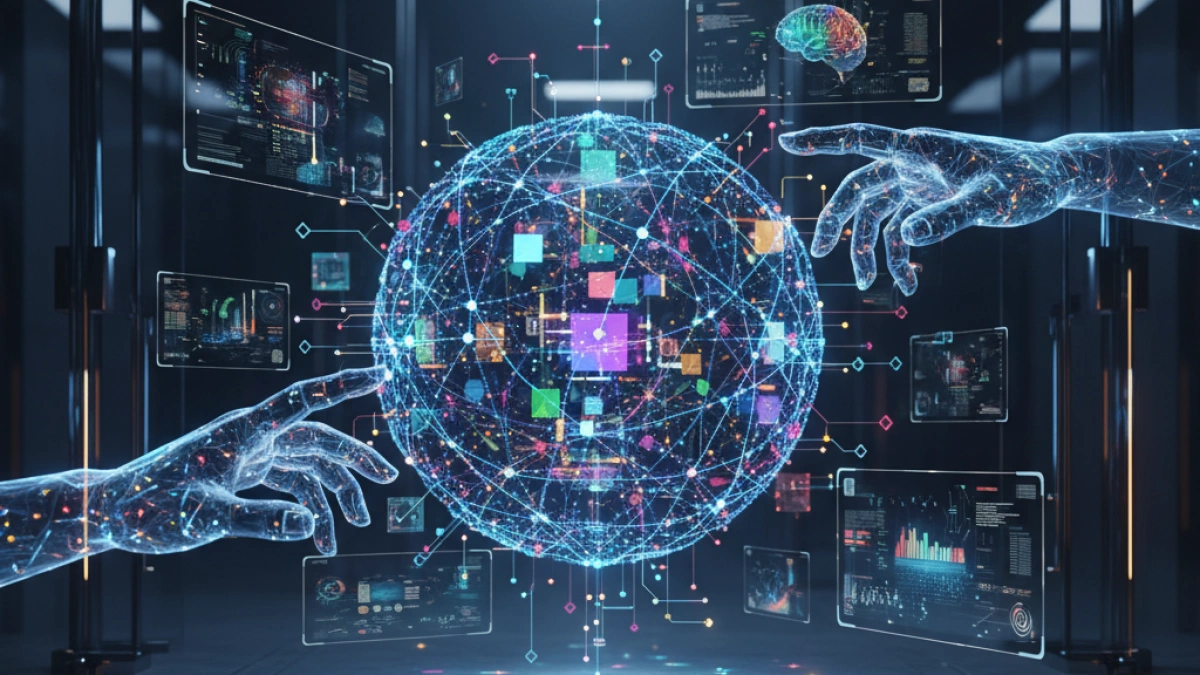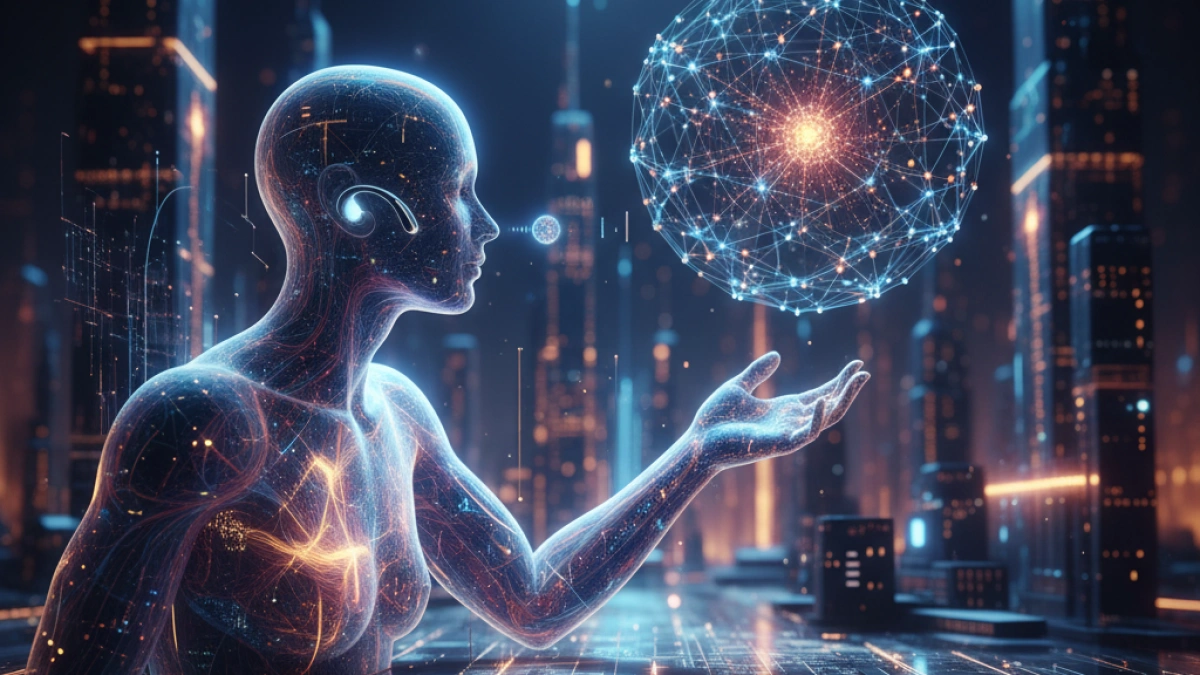What is Artificial Intelligence? Complete guide


Artificial Intelligence (AI) is transforming the world around us, impacting everything from the way we work to how we interact with technology. But what exactly is AI, and why is it so important? This comprehensive guide will walk you through the fundamentals of AI, its applications, and its future potential.
What is Artificial Intelligence?
Artificial Intelligence, often abbreviated as AI, refers to the capability of a machine to imitate intelligent human behavior. In other words, AI enables computers and other devices to perform tasks that typically require human intelligence. These tasks include learning from data, recognizing patterns, making decisions, and understanding natural language.
The History of Artificial Intelligence
Early Developments
The concept of AI dates back to ancient history, with early philosophical discussions about artificial beings and automata. However, the modern field of AI began in the 1950s with the advent of computers. Pioneers like Alan Turing proposed the idea of machines that could simulate any human intelligence, leading to the creation of the Turing Test.
The AI Winters
Despite early optimism, the field faced several setbacks known as "AI Winters." These periods of stagnation were characterized by reduced funding and interest due to unmet expectations and technical challenges.
Recent Advances
In recent years, advancements in computing power, data availability, and algorithms have led to significant progress in AI. Technologies like machine learning and deep learning have revolutionized the field, making AI more capable and accessible.
Types of Artificial Intelligence
Narrow AI
Narrow AI, also known as Weak AI, refers to systems designed for specific tasks. Examples include voice assistants like Siri and Alexa, recommendation algorithms on streaming services, and chatbots used in customer service. These systems excel at their designated tasks but lack general intelligence or understanding beyond their programmed scope.
General AI
General AI, or Strong AI, is a theoretical concept referring to machines that possess the ability to understand, learn, and apply intelligence across a wide range of tasks, much like a human being. This type of AI is still in the realm of research and has not yet been realized.
Artificial Superintelligence
Artificial Superintelligence is a hypothetical form of AI that surpasses human intelligence in every aspect, including creativity, problem-solving, and social skills. While this concept is popular in science fiction, it remains a topic of debate and speculation among experts.
How Does Artificial Intelligence Work?
Machine Learning
Machine Learning (ML) is a subset of AI that involves training algorithms to recognize patterns and make decisions based on data. ML systems improve their performance over time by learning from new data. Techniques include supervised learning, unsupervised learning, and reinforcement learning.
Deep Learning
Deep Learning is a specialized area of ML that uses neural networks with many layers to analyze complex patterns in large datasets. This approach has been particularly successful in image and speech recognition, natural language processing, and autonomous vehicles.
Natural Language Processing
Natural Language Processing (NLP) is a branch of AI focused on enabling machines to understand and interact with human language. NLP applications include language translation, sentiment analysis, and speech recognition.
Applications of Artificial Intelligence
Healthcare
AI is revolutionizing healthcare with applications such as diagnostic tools, personalized medicine, and drug discovery. AI-powered systems can analyze medical images, predict patient outcomes, and assist in developing new treatments.
Finance
In the finance sector, AI is used for fraud detection, algorithmic trading, and customer service automation. Machine learning models help identify suspicious transactions and optimize investment strategies.
Transportation
AI is driving innovations in transportation, including self-driving cars and traffic management systems. Autonomous vehicles use AI to navigate and make real-time decisions, while AI-driven traffic management systems improve efficiency and reduce congestion.
Customer Service
AI-powered chatbots and virtual assistants enhance customer service by providing instant responses and resolving queries. These systems use NLP to understand customer inquiries and deliver accurate information.
The Future of Artificial Intelligence
Ethical Considerations
As AI continues to evolve, ethical considerations are becoming increasingly important. Issues such as data privacy, algorithmic bias, and the potential for job displacement need to be addressed to ensure that AI benefits society as a whole.
AI and Job Displacement
While AI has the potential to create new job opportunities, it also poses challenges for the workforce. Automation and intelligent systems may lead to job displacement in certain industries, making it crucial to focus on reskilling and upskilling initiatives.
AI in Everyday Life
The future of AI promises even more integration into our daily lives, from smart home devices to advanced healthcare solutions. As AI technology progresses, it will likely become an even more integral part of our personal and professional environments.
Conclusion
Artificial Intelligence is a rapidly advancing field with the potential to transform numerous aspects of our lives. By understanding the fundamentals of AI, its applications, and its future implications, we can better appreciate its impact and contribute to its responsible development. Stay informed and engaged with the latest advancements in AI to fully grasp its potential and shape its future.
















